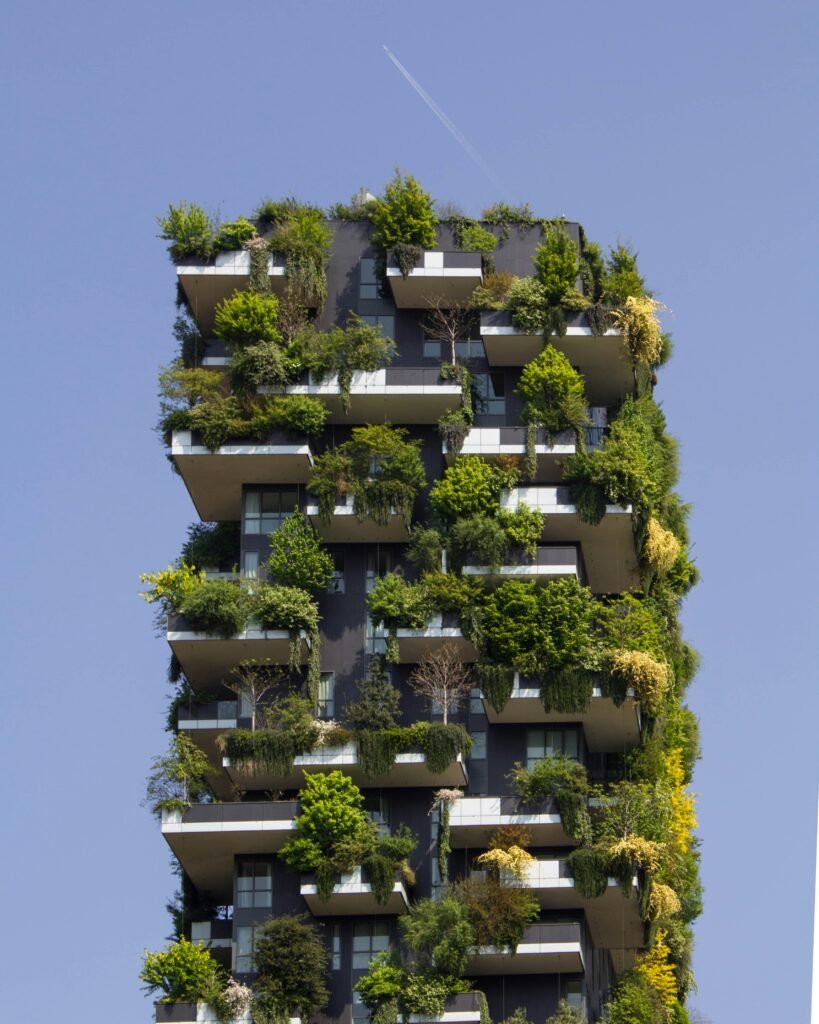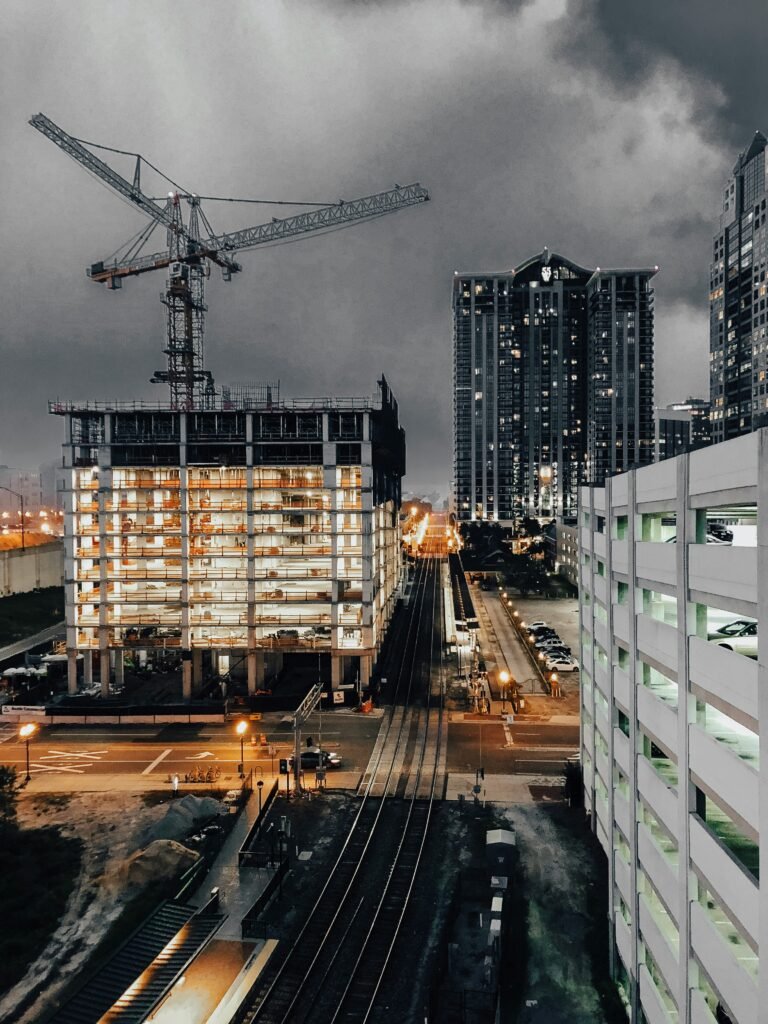
How Architecture Impact Society
Architecture is not just about aesthetically pleasing buildings; it is much more. The impact of architecture is dynamic. To understand its impact on society, we need to engage in reverse engineering. It’s widely understood that architecture itself is heavily influenced by society, as society shapes its architectural landscape. Conversely, architecture also impacts society, with the power to both reflect and shape it. Architecture has the power to either poke or shape society. It can highlight social needs and behaviors, serving society by meeting its needs. Additionally, architecture serves as a powerful tool for promoting societal values and showcasing societal changes to future generations.

In present times, advanced research on architecture and psychology demonstrates that architecture can embody hope, aspiration, safety, stories, experiences, and pride for society. It can create new horizons for societal development. In this post, we will discuss how architects impact society:

Impact on the Environment
Forty percent of the world’s total annual carbon emissions are attributed to buildings. Therefore, it’s evident that architects play a significant role in combating global warming. Architecture can promote sustainability at the individual level, inspiring many to adopt sustainable lifestyles. It can also reshape societal perceptions toward sustainability, encouraging more environmentally friendly practices.

Impact on Cultural Promotion
Good architecture can serve as the identity of a society, showcasing its culture and heritage to the world. Iconic structures like the Burj Khalifa in Dubai, the pyramids of Egypt, and the Eiffel Tower in Paris symbolize the identity and pride of their respective societies. Architecture serves as a means for societies to assert and enhance their identity.

Impact on Historical Preservation
Architecture provides a gateway to the past, allowing us to understand ancient civilizations and their way of life. Structures like the Pyramids of Giza, dating back nearly 4,500 years, offer insights into ancient societies’ social systems, technology, and culture.

Impact on the Economy
Architecture has a direct and substantial impact on the economy. Well-planned architectural developments, such as commercial spaces, factories, transportation infrastructure, and public spaces, stimulate economic growth. Furthermore, architectural landmarks attract tourists, contributing to the tourism industry’s growth and creating job opportunities.

Impact on Public Health
Architectural design directly influences human health, both physically and mentally. Considerations like sunlight, natural ventilation, and spatial layout can significantly impact occupants’ well-being and productivity. Urban architectural elements like parks and green spaces contribute to improving air quality and providing recreational opportunities, thereby enhancing public health.

Impact on Education
Architectural design plays a crucial role in creating conducive learning environments in schools and colleges. By enhancing these spaces, architecture indirectly influences societal education and development.

Response to Social Needs
Architecture plays a vital role in responding to social needs, particularly for marginalized communities. Refugee camps are an example of architectural responses to social crises.

Impact on Governance
Architecture can facilitate governance by shaping public spaces and influencing citizen behavior. Architectural design can enable effective governance strategies, such as controlling public spaces to facilitate development campaigns.

Impact on Technological Advancement: Architectural progress is intertwined with technological advancement. Innovations in technology directly influence architectural design and construction methods. Previous architectural achievements serve as sources of inspiration and knowledge for new architects, driving technological innovation in the field.
In conclusion, architecture’s impact on society is undeniable. It influences individuals and communities alike, shaping societal values, identities, and development. Architecture serves society, is shaped by society, and has the power to transform it for the better.
